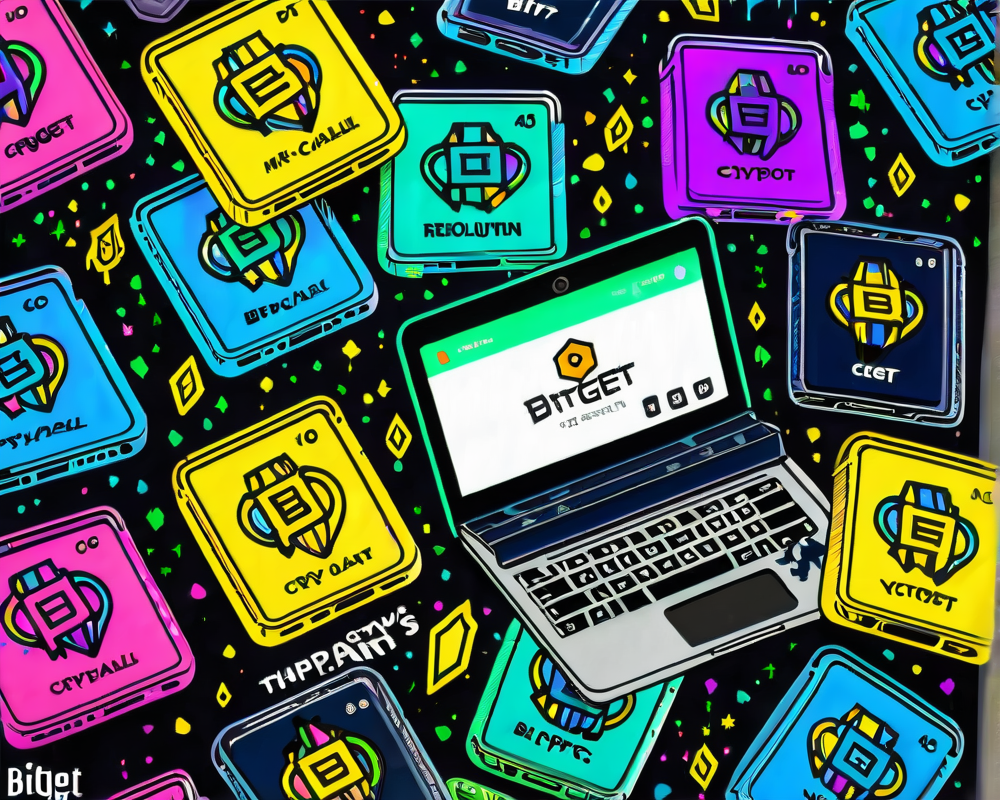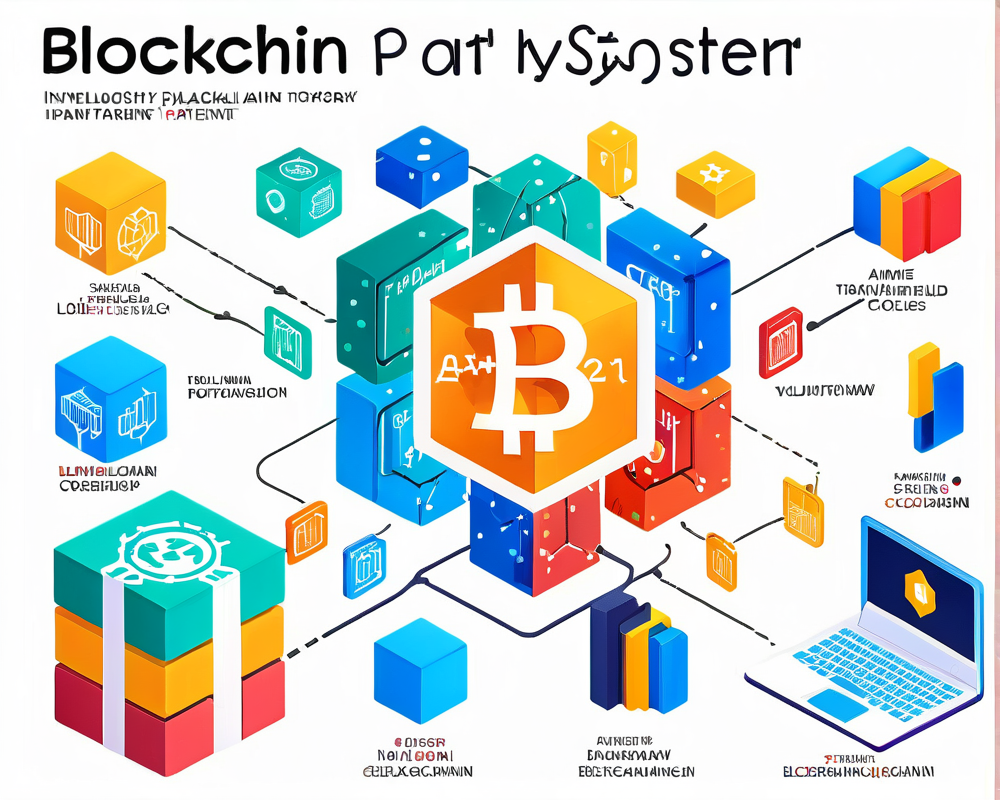Introducing the MPC Wallet
Bitget has taken a giant leap forward in digital asset security with the launch of its new multiparty computation (MPC) wallet. This innovative wallet aims to transform the way users manage their private keys and assets, making the whole process safer and more user-friendly. Gone are the days of frantically scribbling down long mnemonic phrases; this wallet brings a breath of fresh air to crypto management.
How Does MPC Work?
MPC technology operates on a revolutionary distributed key generation mechanism, where multiple key shares are distributed across different locations, all under the control of various parties. This collaborative approach ensures that no single individual has full access to the private key, significantly enhancing security. When it’s time to authorize a transaction, owners of these distributed shares must collectively sign it, keeping intruders at bay.
Eliminating Mnemonics: A User-Friendly Change
Say goodbye to the stress of memorizing phrases! The MPC wallet strips away the old industry standard of mnemonic storage, allowing users to manage assets through password-based authentication. This change is not just a convenience; it aims to mitigate the somewhat embarrassing risk of losing access due to forgotten phrases. Bitget promises a user experience similar to what you’d find in traditional digital services—yes, we’re talking about fewer headaches!
Technical Backbone of the MPC Wallet
The magic behind the MPC wallet lies in its threshold signature scheme which uses secure large prime numbers to optimize signatures. With a setup that requires only two-thirds of the key shares to authorize a transaction, it provides both security and user accessibility. This is especially important for everyday users who might not want to juggle cryptographic intricacies.
Security Features Beyond the Basics
But wait, there’s more! The wallet includes a clever reshare mechanism that invalidates key shares on devices that users no longer actively use. This tactic reduces the possibility of lingering vulnerabilities on outdated gadgets. Additionally, users are empowered to create standalone transaction passwords. This way, Bitget’s servers can only utilize key shares with the explicit consent of the user. It’s like having a bouncer for your digital bank!
The Growing Importance of Self-Storage in Crypto
In a world where centralized exchanges have been rocked by failures (remember the FTX debacle?), self-storage solutions have never been more critical. The disaster has compelled users to rethink how they manage their crypto assets. Leading hardware wallet manufacturers are stepping up their game, with companies like Ledger raising significant funds to improve production and innovate further.
In conclusion, Bitget is not just launching a product; it’s shaping the future of asset management in cryptocurrency. As security becomes paramount, technology that simplifies users’ experiences will redefine how we interact with our digital wallets.




